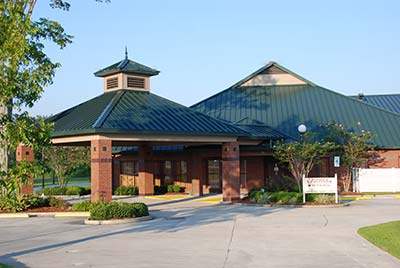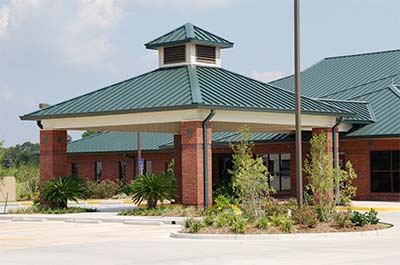Pain Blog: Herniated Disc vs. Muscle Strain
How Are They Different?

Herniated discs and muscle strains share one thing in common: They’re the leading causes of lower back pain. Though both conditions result in plenty of debilitating pain, they affect different parts of your spine and originate from separate causes.
No matter which problem you have, our team at the Headache & Pain Center specializes in treatments that effectively ease your pain, promote healing, and help you get back to the activities you enjoy. Here’s what you need to know about herniated discs and muscle strains.
Pain Blog Articles
Herniated Disk or Muscle Strain?
Does Arthritis Cause Deformity?
Is Your Lifestyle Causing Back Pain?
Why You Shouldn't Ignore Neck Pain
What Could Be Causing Spine Pain?
Remedy & Prevent Sciatica Pain
Can I Get a Spinal Cord Stimulator?
About muscle strains
Strains occur when you pull any of the muscles or tendons in your body. But since we’re comparing strains to herniated discs, we’re specifically talking about pulling the muscles or tendons that support your spine.
When you suffer a strain, you may stretch the soft tissues beyond their normal limit or outright tear the muscle or tendon. Whether the tissues are stretched or torn, inflammation and pain quickly develop.
Inflamed muscles cause spasms and trigger points (knotted muscles), often resulting in intense or debilitating pain. The pain also limits your ability to move and makes it hard to maintain proper posture.
Most spinal strains affect the muscles supporting your lower back (lumbar spine) because it’s the part of your spine that bears the weight of your upper body. Your lower back also endures continuous stress from moving, twisting, and bending.
Strains most often happen due to an injury. You may sustain a sudden injury like a sports injury. Or you may have an overuse injury that gradually develops as you repeat the same movements.
About herniated discs
The discs tucked between each vertebrae consist of a tough outer layer that surrounds a gel-like fluid. These strong structures absorb shock as your spine moves. They also support movement by stabilizing your spine.
Herniated discs develop over years of wear-and-tear that makes the outer cover deteriorate. Pressure from the adjacent vertebrae force the inner gel to bulge out through weak spots or cracks in the cover. Eventually, the disc ruptures, the gel leaks out, and you have a herniated disc.
In addition to causing back pain, the damaged disc can lead to spinal instability, which in turn often pinches the nearest spinal nerves. Even if a nerve isn’t compressed, the leaking gel irritates the nerves and causes nerve inflammation.
Damaged nerves add to your symptoms, causing tingling and pain that travel down your arm or leg, depending on the location of the injured spinal nerve. In severe cases, pinched nerves cause numbness or weakness in the affected limb.
Treatments for muscle strains and herniated discs
Both conditions follow a similar course when it comes to their treatment and prognosis. Your initial treatment begins with conservative therapies, including exercise, stretching, and anti-inflammatory medications.
You may also need physical therapy. Your regimen might include massage, passive or active exercise, pelvic traction, therapeutic ultrasound, or electrical muscle stimulation.
More than 90% of patients heal with conservative treatment. It takes about a month to recover from a spinal muscle strain and three months if you have a herniated disc.
If you have severe pain during your recovery or your pain persists beyond the expected healing period, we offer advanced interventional treatments that target the source of your pain and provide long-lasting relief.
For example, you may be a good candidate for an epidural steroid injection, spinal cord stimulation, or radiofrequency nerve ablation. Steroid injections ease your pain by reducing inflammation.
Interventional treatments like spinal cord stimulation and radiofrequency nerve ablation block the specific nerve sending pain signals to your brain. If your brain doesn’t get the message, you don’t feel the pain.
If you have back pain, call us at the Headache & Pain Center in Gray or New Iberia, Louisiana, or schedule an appointment online today.



